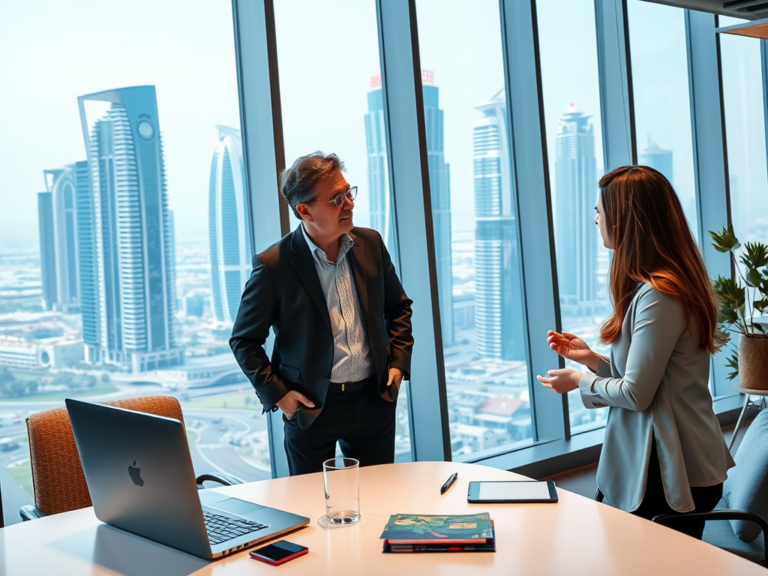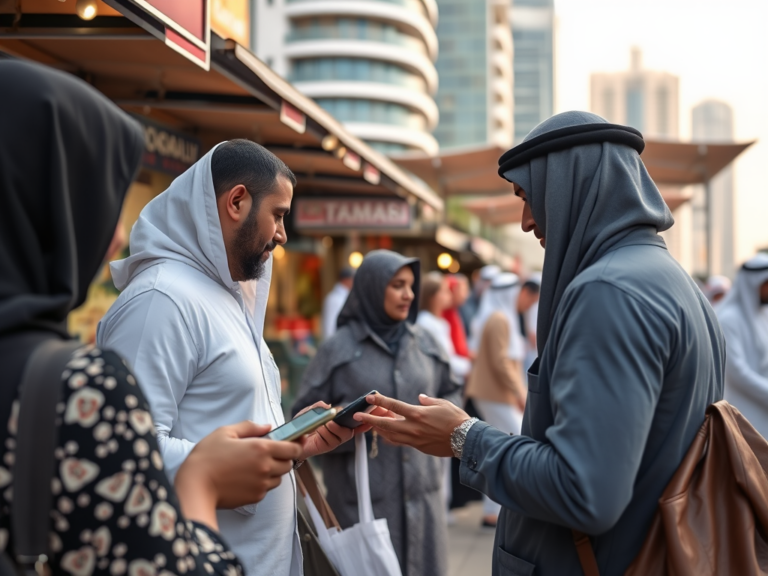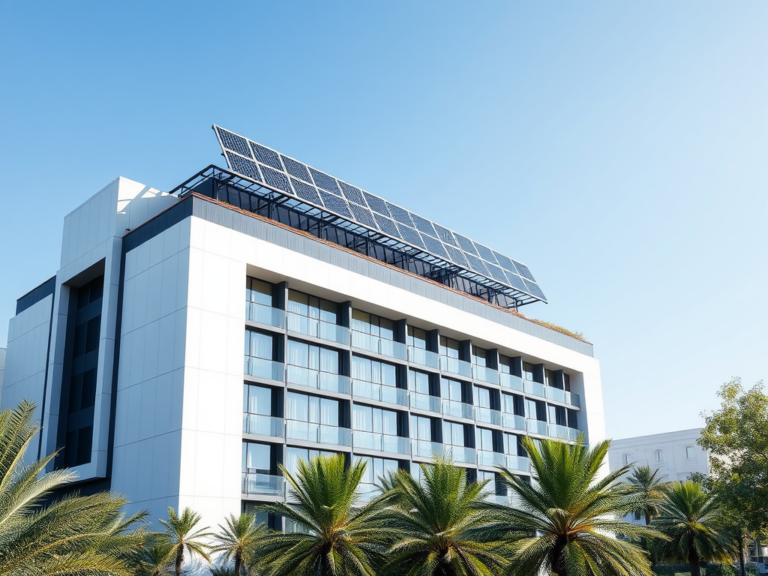Dubai’s stock market serves as a pivotal platform for engaging global capital, strategically positioned between East and West. With its vibrant economy and business-friendly environment, it draws significant foreign investments, ensuring sustained growth and economic diversification. This article delves into the multifaceted role of Dubai’s stock market, examining how it attracts global investors, its unique features, and the benefits it provides to both local and international stakeholders.
The Changing Landscape of Dubai’s Stock Market
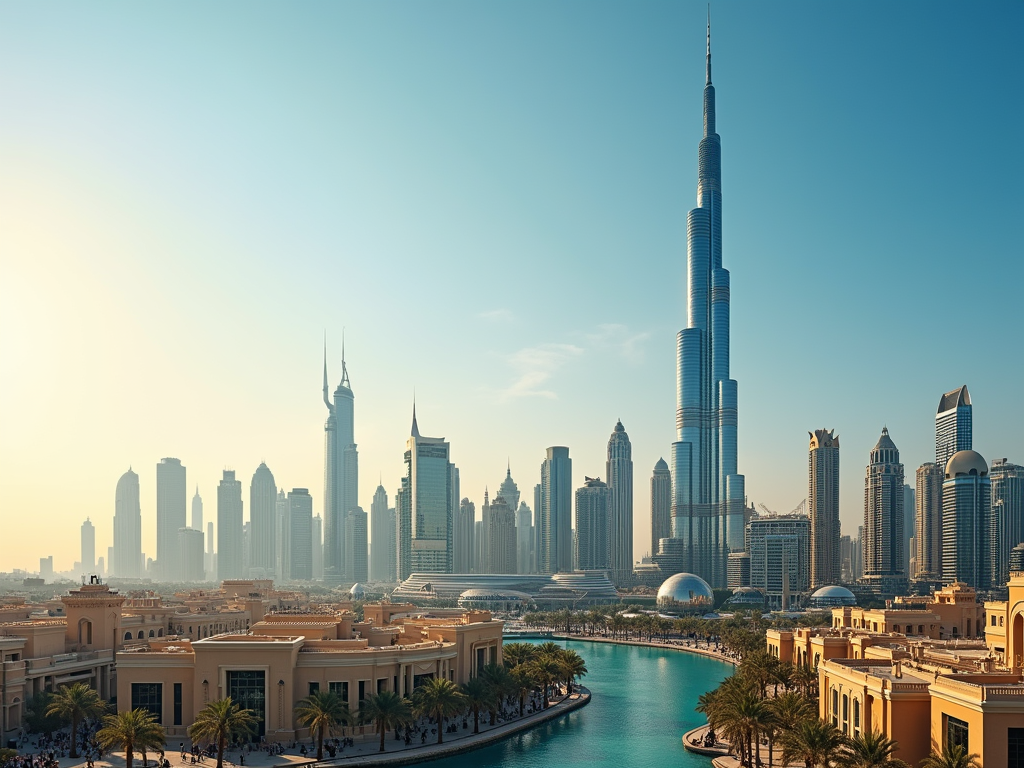
Dubai’s stock market has evolved significantly over the past few decades, transforming itself into a leading financial hub in the Middle East. As the UAE’s financial landscape matures, the Dubai Financial Market (DFM) and the Nasdaq Dubai have become essential components of the region’s economy. Attracting global capital requires more than just financial instruments; it necessitates a stable regulatory framework and strategic initiatives that appeal to investors. The changing landscape offers:
- Increased regulatory transparency
- An array of investment products
- Enhanced trading technology
- Improved investor relations initiatives
- Accessibility for foreign investors
These developments position Dubai’s stock market as an attractive destination for investors seeking to enter emerging markets efficiently.
Key Drivers for Global Investment
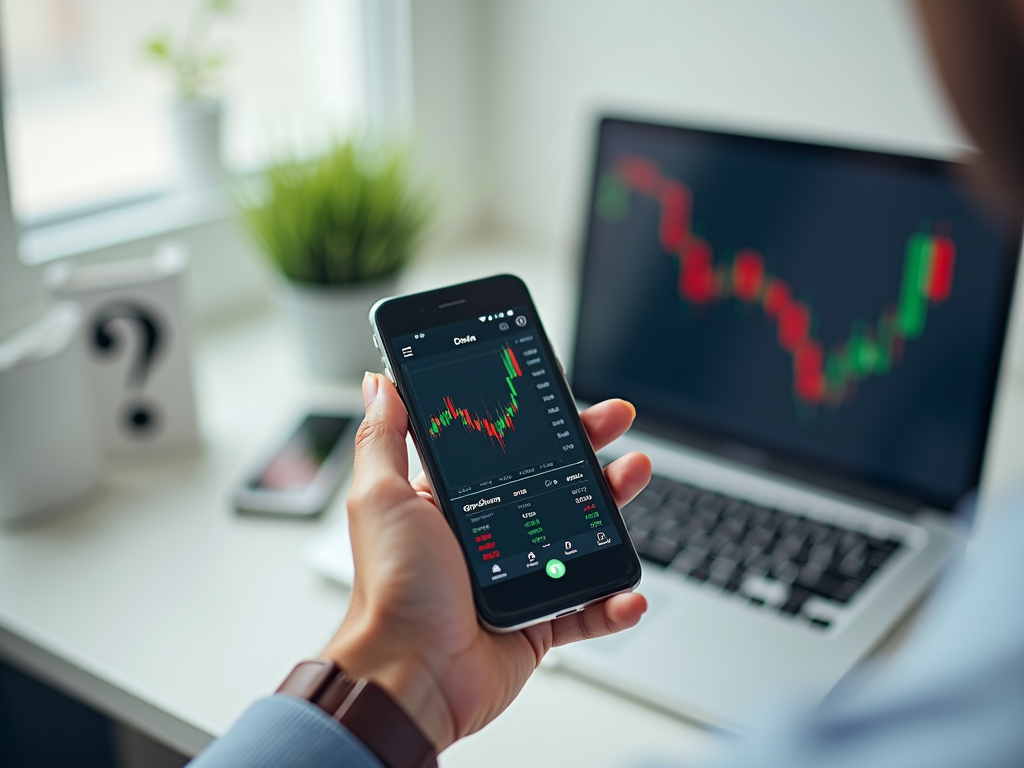
Several factors contribute to the allure of Dubai’s stock market for global investors. Understanding these drivers is essential for recognizing why foreign capital flows into this market continually. Key drivers include:
- Strategic Geographical Location: Located at the crossroads of Europe, Asia, and Africa, Dubai offers easy access to various markets.
- Pro-business Environment: The government’s efforts to foster a pro-business climate through initiatives like economic free zones attract foreign enterprises.
- Diversified Economy: Dubai has diversified its economy beyond oil, focusing on tourism, real estate, and finance.
- Robust Infrastructure: Dubai boasts world-class infrastructure, facilitating trade and investment.
- Innovation and Technology: The integration of advanced technologies in trading systems enhances market efficiency.
By leveraging these drivers, Dubai’s stock market successfully positions itself as a hub for global investment.
The influx of global capital into Dubai’s stock market significantly impacts the local economy. First, it enhances liquidity, allowing local companies to access funds efficiently for expansion and development. Second, it promotes job creation as more businesses enter the market and expand their operations. Additionally, such investments foster technological advancements, contributing to the overall growth of the financial sector. Key impacts include:
- Growth in various sectors such as real estate, finance, and tourism
- Increased entrepreneurial activity and start-up culture
- Enhanced financial literacy among the local population
- Greater international collaboration in trade
As a result, the local economy benefits immensely from the dynamic interplay between global investors and local markets.
Future Outlook
Looking ahead, Dubai’s stock market is poised for further growth as it adapts to emerging trends and challenges in the global economy. Continuous efforts to improve regulations and transparency are vital for maintaining investor confidence. The integration of green finance and sustainable investment practices will likely attract environmentally conscious investors, aligning with global trends. Opportunities for further expansion include:
- Developing Islamic financial products
- Increasing the number of foreign listings
- Enhancing collaboration with global financial centers
- Utilizing fintech to innovate trading processes
The commitment to innovation and adaptability will enable Dubai’s stock market to remain a preferred destination for global capital.
Conclusion
In conclusion, Dubai’s stock market plays a crucial role in attracting global capital, fueled by its strategic location, robust infrastructure, and pro-business policies. The continuous evolution of the financial landscape and the dynamic interplay between local and international investors contribute to a vibrant economic ecosystem. As Dubai positions itself for future growth, the stock market will undoubtedly remain a critical factor in sustaining the city’s reputation as a leading financial hub. Understanding and leveraging these strengths will be essential for sustaining investor confidence and fostering an environment conducive to prosperity.
Frequently Asked Questions
What is the Dubai Financial Market (DFM)?
The DFM is a stock exchange located in Dubai, providing a platform for trading shares, funds, and other securities. It plays a significant role in the financial sector of the UAE and attracts local and international investors.
How does Dubai attract foreign investment?
Dubai attracts foreign investment through its strategic location, favorable business regulations, and diversified economy. Additionally, ongoing initiatives to enhance infrastructure and technology also contribute to its appeal.
What are the benefits of investing in Dubai’s stock market?
Investing in Dubai’s stock market offers benefits such as access to a burgeoning economy, regulatory transparency, a wide range of investment products, and the potential for substantial returns due to market growth.
What future trends may impact Dubai’s stock market?
Future trends impacting Dubai’s stock market may include increased focus on sustainability, the rise of fintech, and potential regulatory enhancements aimed at attracting further foreign investments.
Is it easy for foreign investors to participate in the Dubai Financial Market?
Yes, foreign investors can easily participate in the DFM, as there are streamlined processes and regulations in place to encourage investment, along with educational resources to guide new investors.

